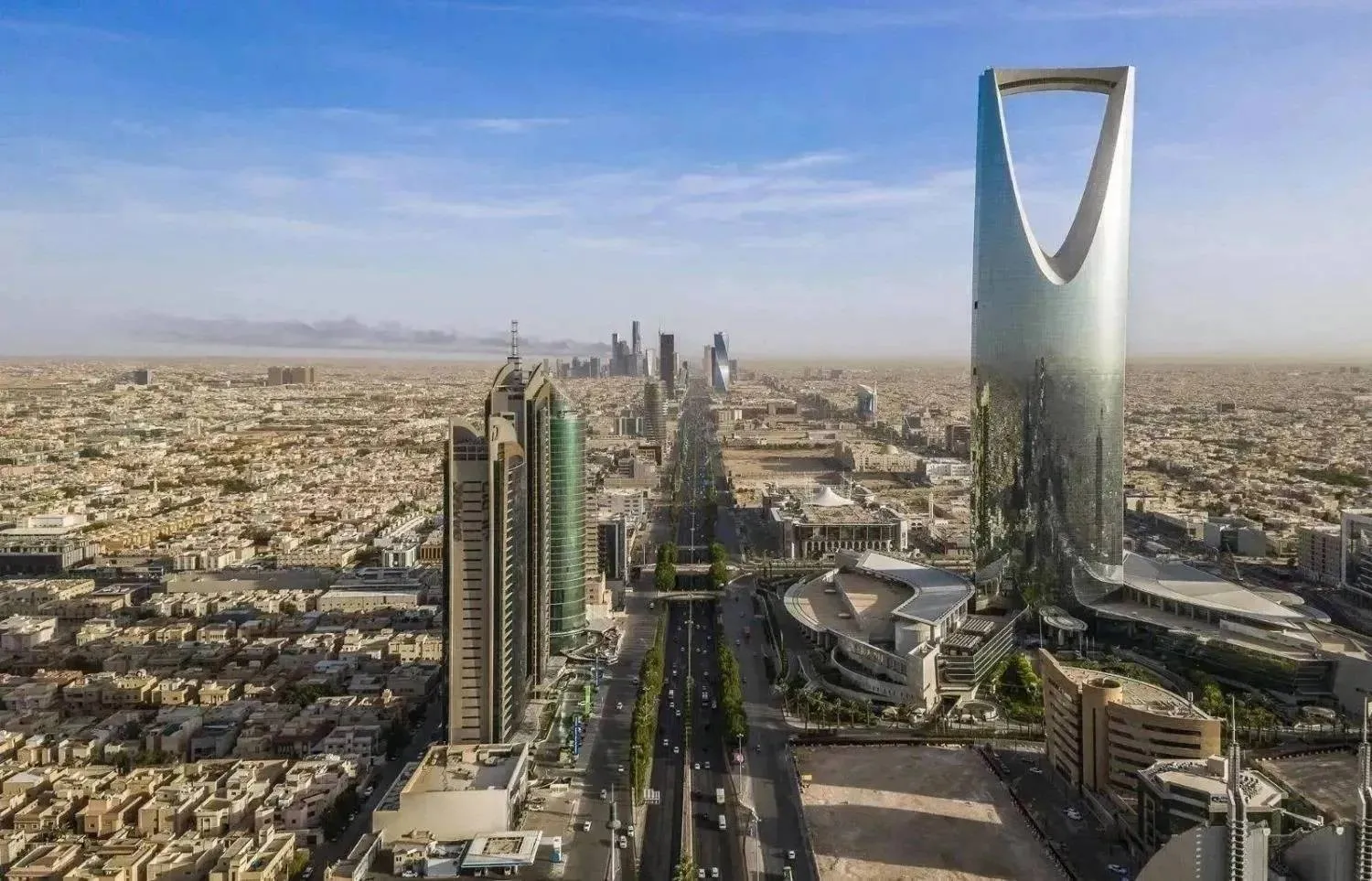Qiddiya is set to become significantly more accessible under plans to link the entertainment and tourism hub to King Salman International Airport and the King Abdullah Financial District (KAFD) through the new Qiddiya Bullet Train.
The project will reduce travel time to around 30 minutes, down from nearly two hours using other transport options, a 75% cut in commuting time. Operational speeds are expected to reach 250 kilometers per hour, according to the Royal Commission for Riyadh City.
The railway forms part of a broader transport strategy aimed at improving connectivity across the capital and enhancing mobility between key destinations, in line with population growth and urban expansion in western and southwestern Riyadh.
In a related development, the commission announced the awarding of the Red Line extension of the Riyadh Metro to Diriyah. The expansion includes 7.1 kilometers of tunnels and 1.3 kilometers of elevated track, with stations at King Saud University and Diriyah. The latter is expected to serve as a future interchange with the planned Line 7.
Officials estimate the project could remove around 150,000 cars from daily traffic, improving access to tourist destinations such as Bujairi Terrace and Wadi Safar, while supporting more sustainable mobility patterns.
Bandar Al-Saadoun, Vice Chairman of Khaleejiah Holding, told Asharq Al-Awsat that the Diriyah development ranks among the largest projects under Vision 2030. He pointed to additional landmark initiatives in Wadi Safar, alongside the Opera House project and King Salman Grand Mosque.
He said extending the Red Line along King Abdullah Road to Diriyah would generate strong real estate demand, particularly as the rail network integrates routes from King Salman International Airport through KAFD, Diriyah and the New Murabba development.
Al-Saadoun added that roughly 30 projects have been announced in Qiddiya, raising the prospect of gradual real estate growth along corridors connected to the rail line. The project’s links to major developments — including Expo 2030 Riyadh, New Murabba and The Avenues — as well as the airport, expected to become one of the world’s largest by 2030, are likely to reinforce demand.
Real estate analyst Khaled Almobid said large-scale transport projects such as the Qiddiya Bullet Train do more than lift prices; they reshape market structure and asset values over the medium and long term.
Historically, properties within one to three kilometers of transport stations see capital appreciation and rising investment demand, particularly for undeveloped “white land,” which often transitions into higher-density projects, he remarked.
Almobid expects a dual impact: both redistribution of demand within Riyadh and genuine market expansion driven by what he called “manufactured demand” from Qiddiya, which is projected to attract 17 million visitors and generate 325,000 jobs. He also anticipates a population shift toward western Riyadh and areas surrounding the new stations.
Land prices near Qiddiya have already risen between 30% and 40% since 2023, reflecting early market anticipation, he said, predicting more sustainable growth once operations begin and prices align with the tangible value of cutting travel time to 30 minutes between the airport, KAFD and Qiddiya.
Residential and tourism-related real estate are likely to lead the next phase, supported by Saudi Arabia’s goal of raising homeownership to 70% and attracting 150 million annual visitors by 2030, with mixed-use locations along the rail corridor expected to draw the strongest investment interest.









